
Richard Weitz, Senior Fellow, Hudson Institute
May 17, 2024
The renewal of high-level Sino-U.S. exchanges along with the approaching American elections has intensified the U.S. debate about an optimal long-term strategy toward China.

Bian Qingzu, Research Fellow, China Foundation for International Studies
May 16, 2024
Although it’s still early, China is referenced heavily in political rhetoric and is a top target of candidates. Washington is suffused with an atmosphere geopolitical contention. Distorted images of China and emerging hawkish policies have undermined goodwill in bilateral relations. China needs to prepare for any outcome in November.
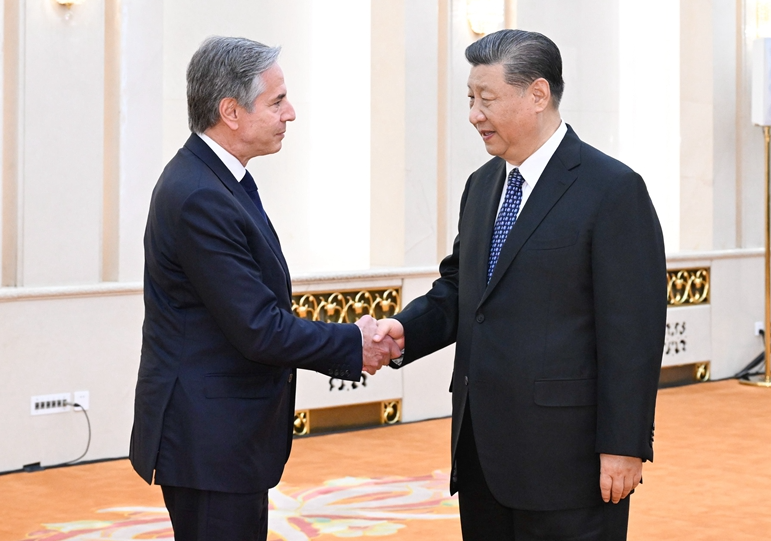
Joseph S. Nye, Professor, Harvard University
May 10, 2024
When US Secretary of State Antony Blinken recently visited Beijing in an effort to stabilize relations with China, many of the issues that he discussed with Chinese President Xi Jinping were highly contentious. For example, Blinken warned China against providing materials and technology to aid Russia in its war against Ukraine, and he objected to China’s territorial claims in the South China Sea and harassment of the Philippines (a United States ally). Other disputes concerned interpretations of America’s “one-China” policy toward Taiwan, and US trade and export controls on the flow of technology to China.
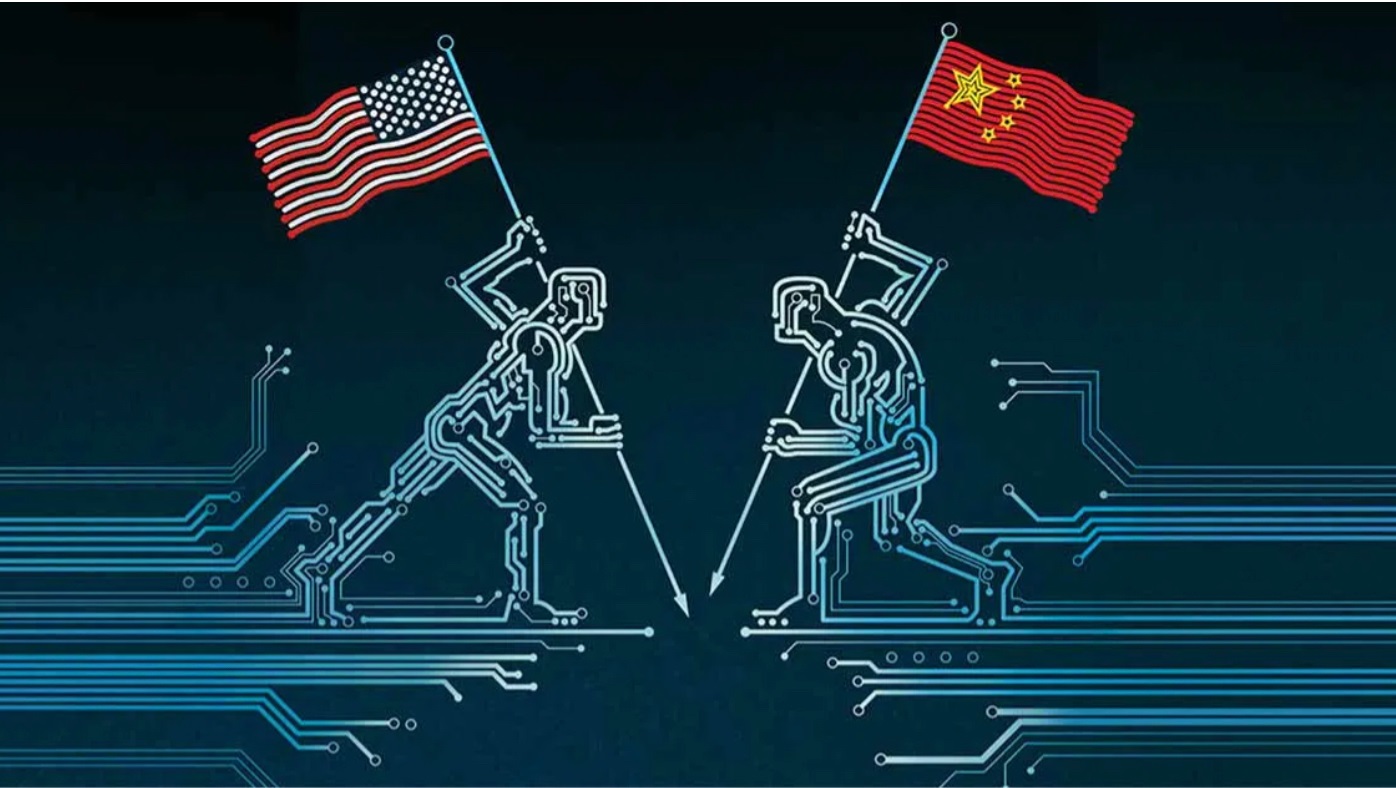
Ghulam Ali, Deputy Director, Hong Kong Research Center for Asian Studies
May 08, 2024
The US-China rivalry is the most dominant aspect of 21st-century geopolitics, significantly impacting the world. It has expanded across various fields and geographies. The Gulf region, which was mainly absorbing the geopolitical heat of this rivalry, has also witnessed it in the technological sphere, especially artificial intelligence (AI). Two larger projects, G42 in the UAE and the King Abdullah University of Science and Technology (KAUST) in Saudi Arabia, are particularly notable.
Zhang Yun, Professor, School of International Relations, Nanjing University
Apr 30, 2024
Talking, even through hard times, is not only necessary but also meaningful, because the audience is wider than just the two participants. People are listening at the bilateral, regional and global levels.
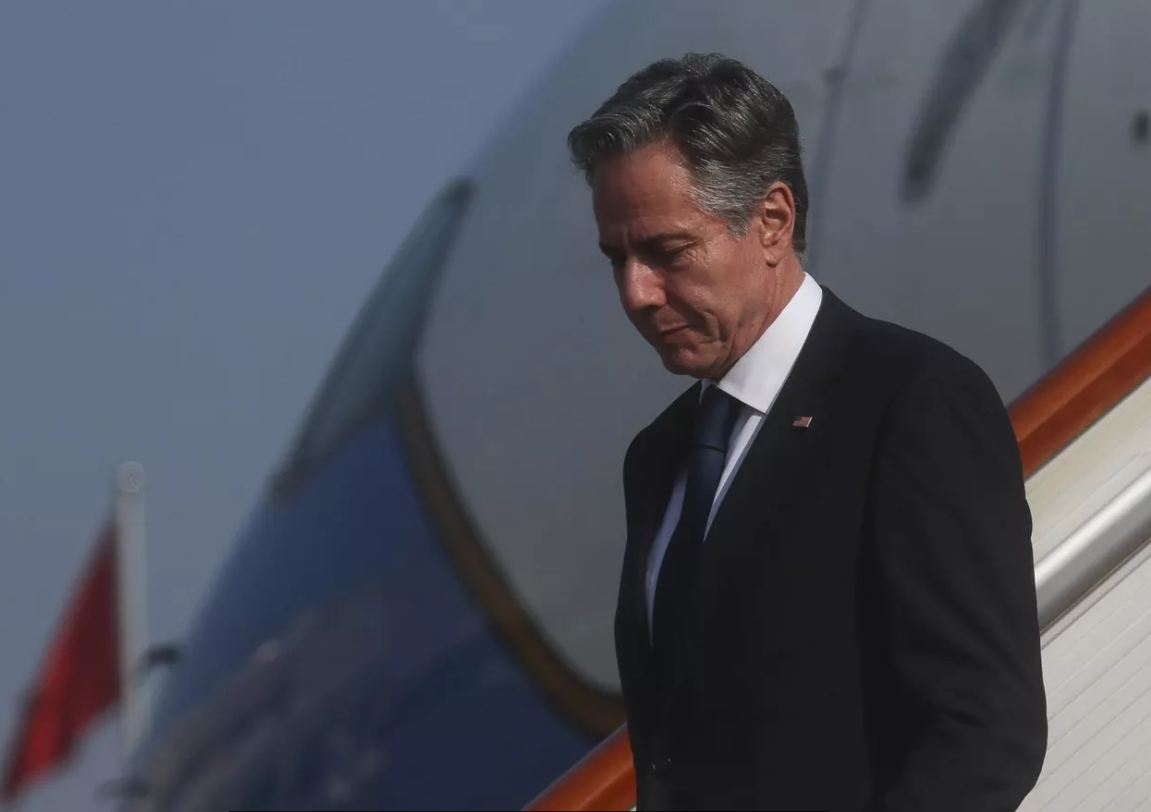
Yuan Sha, Associate Research Fellow, Department for American Studies, China Institute of International Studies
Apr 23, 2024
A floor needs to be established for bilateral interactions so that breakdowns can be avoided. In the post-Kissinger era, new interlocutors between Beijing and Washington are also needed — people who understand both countries and who can present creative ideas through safe channels.
Philip Cunningham, Independent Scholar
Apr 19, 2024
In early April, Presidents Joe Biden and Xi Jinping engaged in a phone call. While both sides have had differing takes on the same conversation, it’s undeniably beneficial for both leaders to engage in dialogue, particularly amidst tensions and significant areas of disagreement.
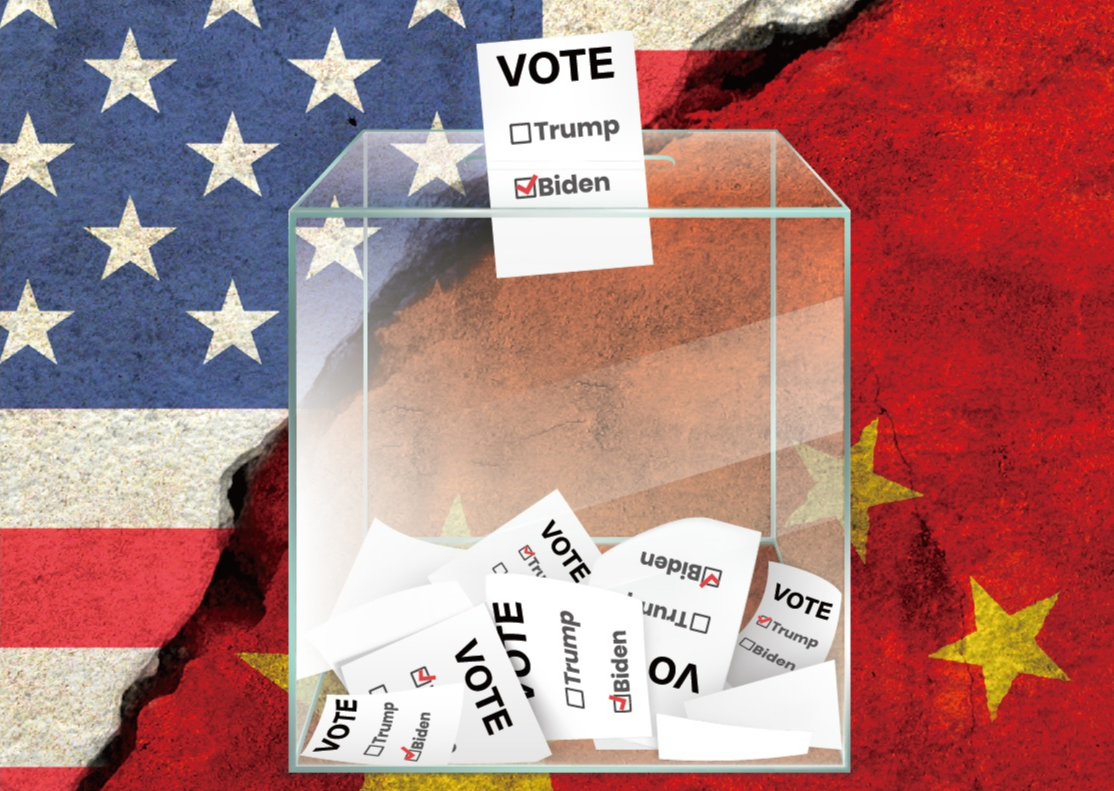
Zhao Minghao, Professor, Institute of International Studies at Fudan University, and China Forum Expert
Apr 19, 2024
As if things were not complicated enough before, the political campaign season in the U.S. is upon us, with all its expected anti-China rhetoric. The recent visit to China of U.S. Treasury Secretary Janet Yellen applied some needed salve. She made measurable progress through frank discussions.
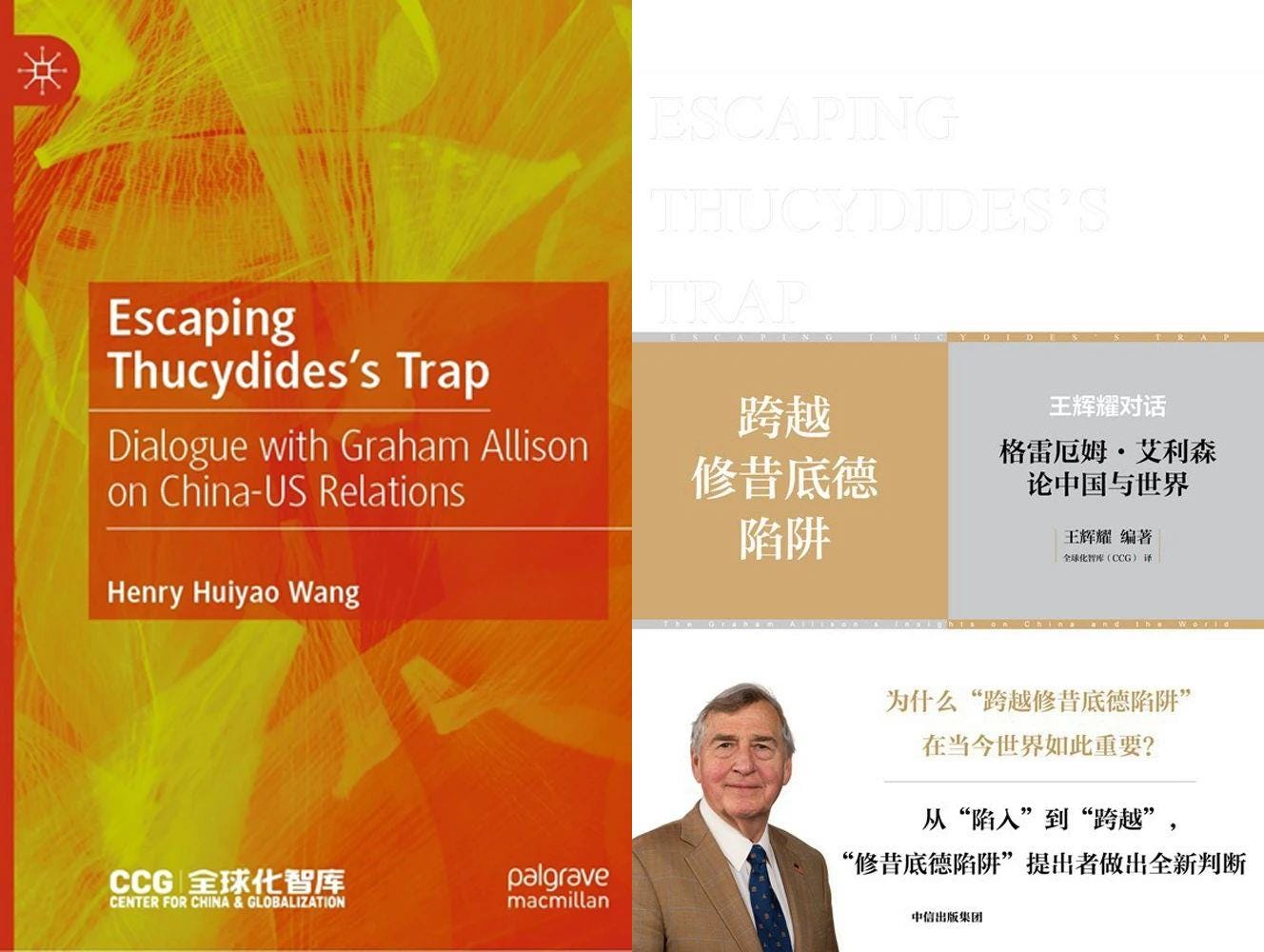
Wen Ying, Beijing-based commentator on international affairs
Apr 17, 2024
The story of Wu and Yue presents the Eastern idea of partnerships — “You are in me, and I am in you” is the way Chinese President Xi Jinping put it. Differences between China and America should not impede collaborative efforts for the common good.
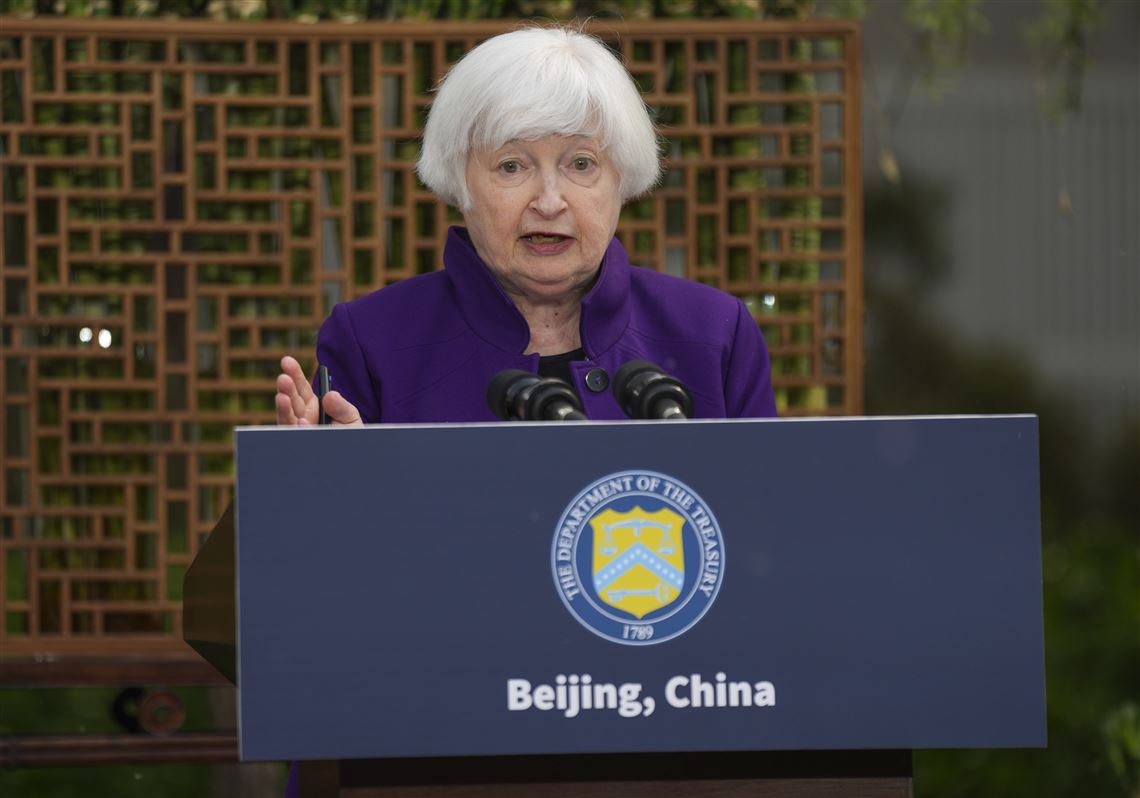
Yu Xiang, Senior Fellow, China Construction Bank Research Institute
Apr 12, 2024
The U.S. treasury secretary visited China recently, and by many measures it was successful. She demonstrated excellent public diplomacy and engaged in many healthy dialogues, which China welcomed. And yet the United States is the source of continued friction on many fronts.